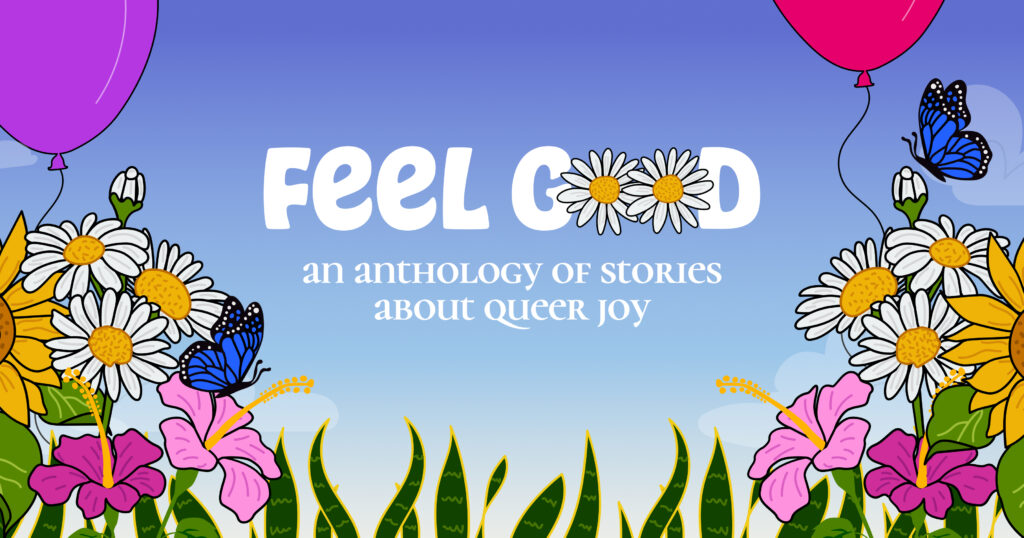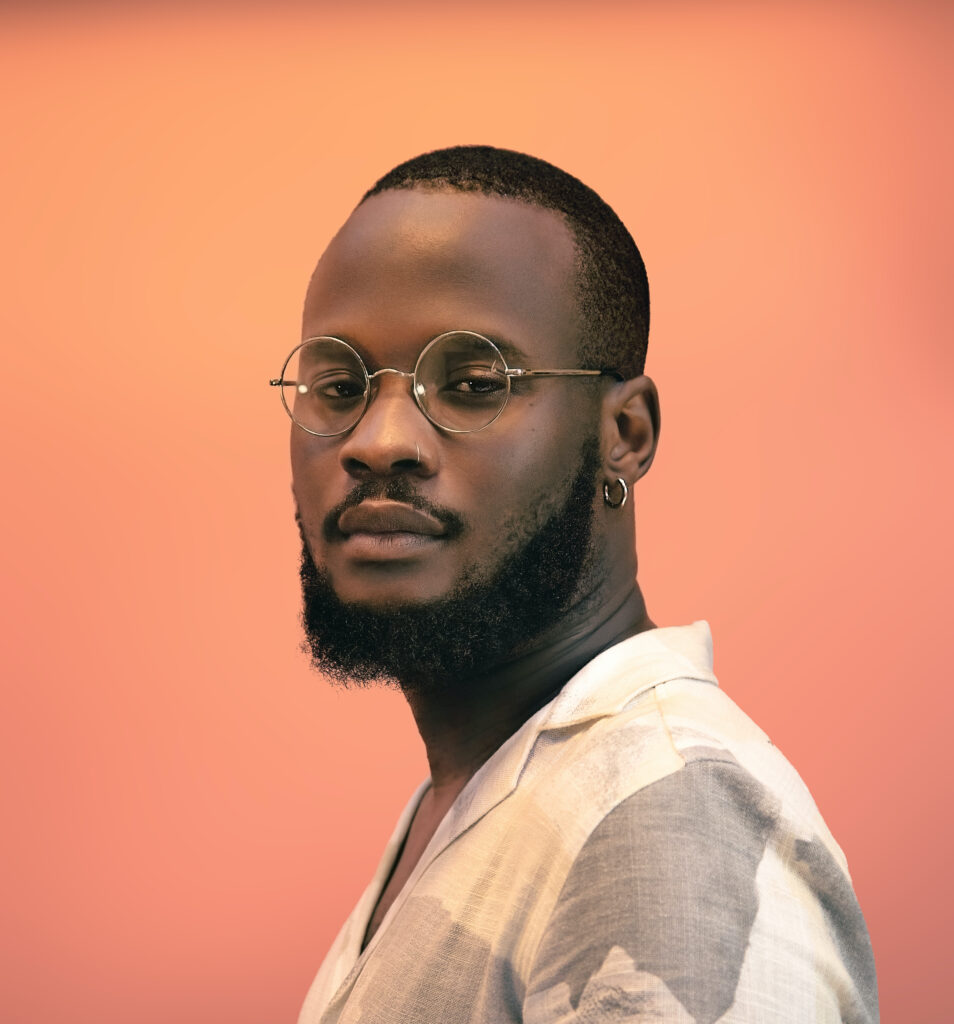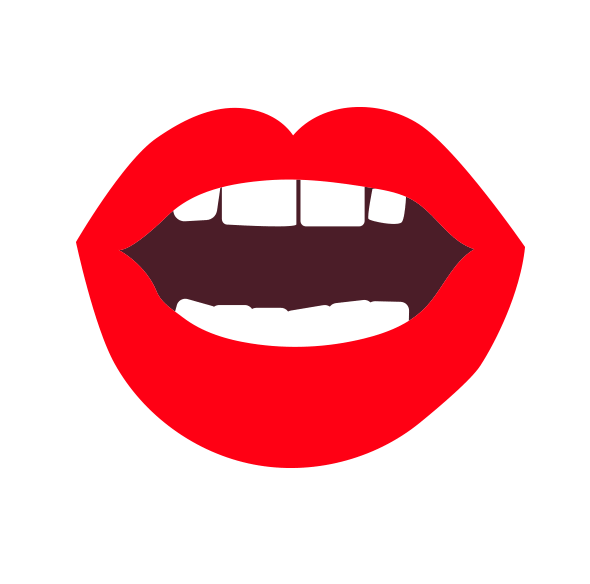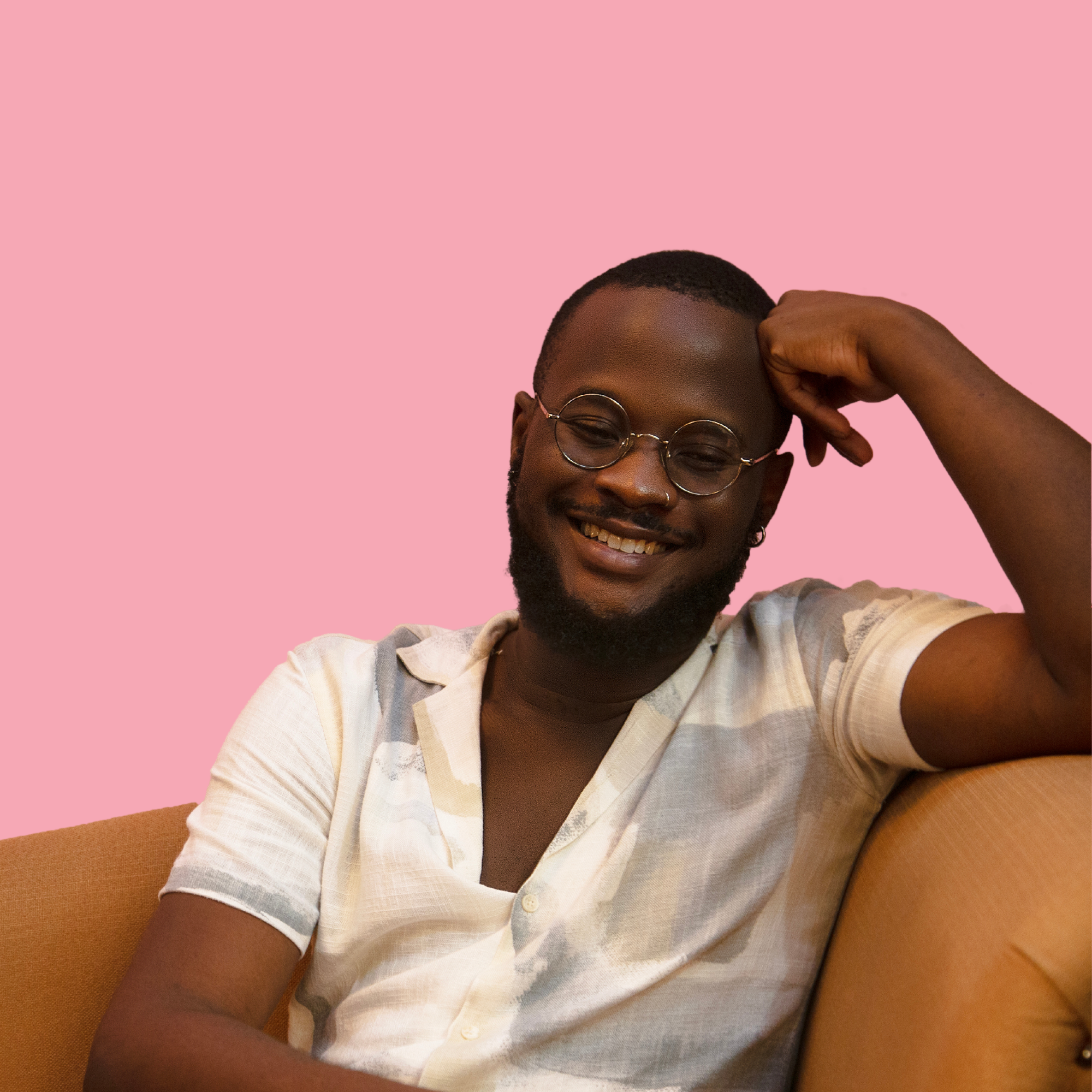Thank you so much for making the time to talk to us Daniel! I’m really excited to be able to ask you a few questions.
Thank you for having me!
You’re a writer, and a really good one, but one thing I love about you as a creative, you keep a 9-5 honey! Can you talk us through your career a little bit, and how you’ve ended up where you are right now?
The funny thing is that I only took a 9 to 5 because I wanted to pay my way through film school and become the next big screenwriter, but I fell in love with content creation and strategy. It all started with Zikoko, where as the first writer I got to come up with ideas and formats that helped shape the company. I got to be my most imaginative self at Zikoko; working there showed me that a 9 to 5 didn’t have to be devoid of creativity.
Now that I’m in tech, I’m fortunate to work at PiggyVest, another company that has no interest in stifling the creativity of its employees. As the Head of Content, I get to work on ideas that legitimately excite me (and move the company forward). I can’t think of a lot of companies that would give me the green light to create a comic series like Grown Ups. I mean, creating a comic has been a longtime dream of mine, and it’s crazy that I get paid to make one that I actually love for work.

Feel Good is an amazing undertaking. Different writers and styles and approaches and you edited all of them. What inspired the anthology?
I didn’t actually edit them all. I initially planned to, but then I decided against it. I thought having multiple perspectives would make for a stronger final project, especially with all the diverse voices we had gathered. So I worked with Nneoma Phil-Ebosie and OluTimehin Kukoyi — two amazing, thoughtful editors — to help beat the stories into shape.
As for the inspiration behind the anthology, I just wanted to see more joyful queer representation in media. I didn’t realise how much queer trauma I had been consuming until I was watching Schitt’s Creek, one of my favourite comedies, and found myself waiting for something terrible to happen to the show’s main queer couple; I was just so used to that being the case with queer characters.
But thankfully, the show subverted expectations and gave us a truly happy ending. That made me feel so good. I was buzzing for days after the series finale. I thought it would be nice to recreate that high in a Nigerian context and with some of my favourite storytellers. Luckily for me, Opemipo, my co-producer and the founder of wuruwuru, was down to help make it happen.
We’re both Nigerian, and it’s no secret that our culture as a people in general is at the very least hostile to queerness. We’re you ever anxious or afraid about undertaking this endeavor
All the anxiety I had about telling queer stories was squashed back in 2019 with the release of Zikoko’s Sex Life. I was terrified that the reaction to that would be so much worse, but people surprised me. Sure, I got some threatening messages about pushing the devil’s agenda, but compared to the positive feedback, it was nothing. By the time Feel Good came along, all I felt was excitement about putting out some joyful queer content.
What was your absolute favourite part of the entire process?
Getting to work with writers I have loved and respected for years. Honestly, I think we gathered some of the greatest young writers on the continent.
And the worst?
Losing some writers along the way. I initially wanted 15 writers, then I cut it to 10, then we ended up with 8. Some had to drop off because of time constraints, and others because they struggled with the “feel good” element. It hurt every single time because I loved all the writers.
In creating this amazing project, what did you learn about yourself, as a writer and editor
I learned that I’m still learning work, especially when it comes to fiction writing. I also learned — well, it was reaffirmed — that editing is so important. As great as the first drafts were, it was beautiful to see the stories become stronger and more pointed with just a few thoughtful tweaks.
What do you want people to get out of “feel good”
It’s right there in the name. I want people to feel good. I want their hearts to light up when they finish a story. I want them to imagine a world where queer people end up happy, loved, chosen, and supported.
Do you have a favourite story in the anthology? Are you even allowed to say that?
I refuse to pick a favourite because I love each story for a multitude of reasons. But I will say that the stories I had the most visceral reactions to were Kunle’s The Mathematics of Hooking Up and Edwin’s A Bookish Affair. I cried — proper tears of joy — after reading both for the first time.
For those of us who read “Feel good” and are about to pass out from our desperation to get some more, what do we have to look forward to and where can we go for some respite toll you create some more magic?
I can’t make any promises but know that I am constantly looking for ways to tell impactful queer stories. If the opportunity presents itself to expand the Feel Good universe and work with more writers, I will jump at it.
In the meantime, you can watch Hanky Panky, a queer short film Ope and I directed.
Is there anything else you want to say
Please read and share Feel Good. Get the numbers up so we can make more.

Extra Questions
What have you read recently that blew your mind and you just have to share?
Eloghosa Osunde’s Vagabonds! might be might favourite book of all time (I might need some more time before I can say this definitely, but it’s top 3). I’ve lost count of how many times I’ve read it. I have a signed copy from her, but it’s already beaten up because I take it everywhere.
A book or piece of writing that led you to where you are today
I grew up reading a lot of American prose, but The Secret Lives of Baba Segi’s Wives rewired my brain. I call it the first perfect book I read. It is the reason I now read mostly African literature.
If you could only read one author for the rest of your life who would it be?
Eloghosa. I have never been more certain that I will like every single thing a writer puts out.
Who would you love to read a conversation with in one of our future newsletters?
Olakunle Ologunro. He is a genius, and he is only getting started.
What kind of stories would you love to read more of?
I watch a lot of horror movies, but I’ve never read a horror novel. I’d like to try that this year.

